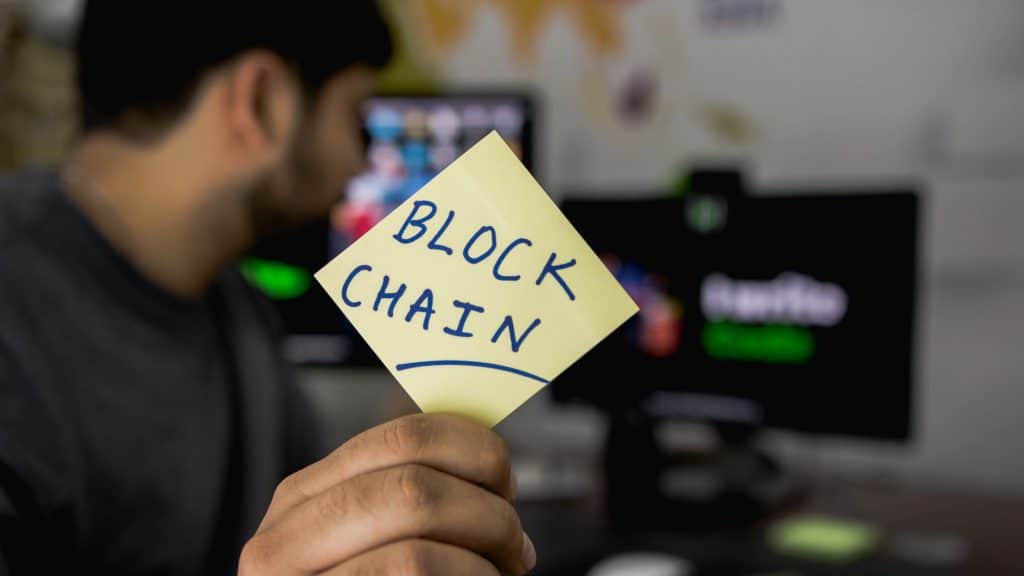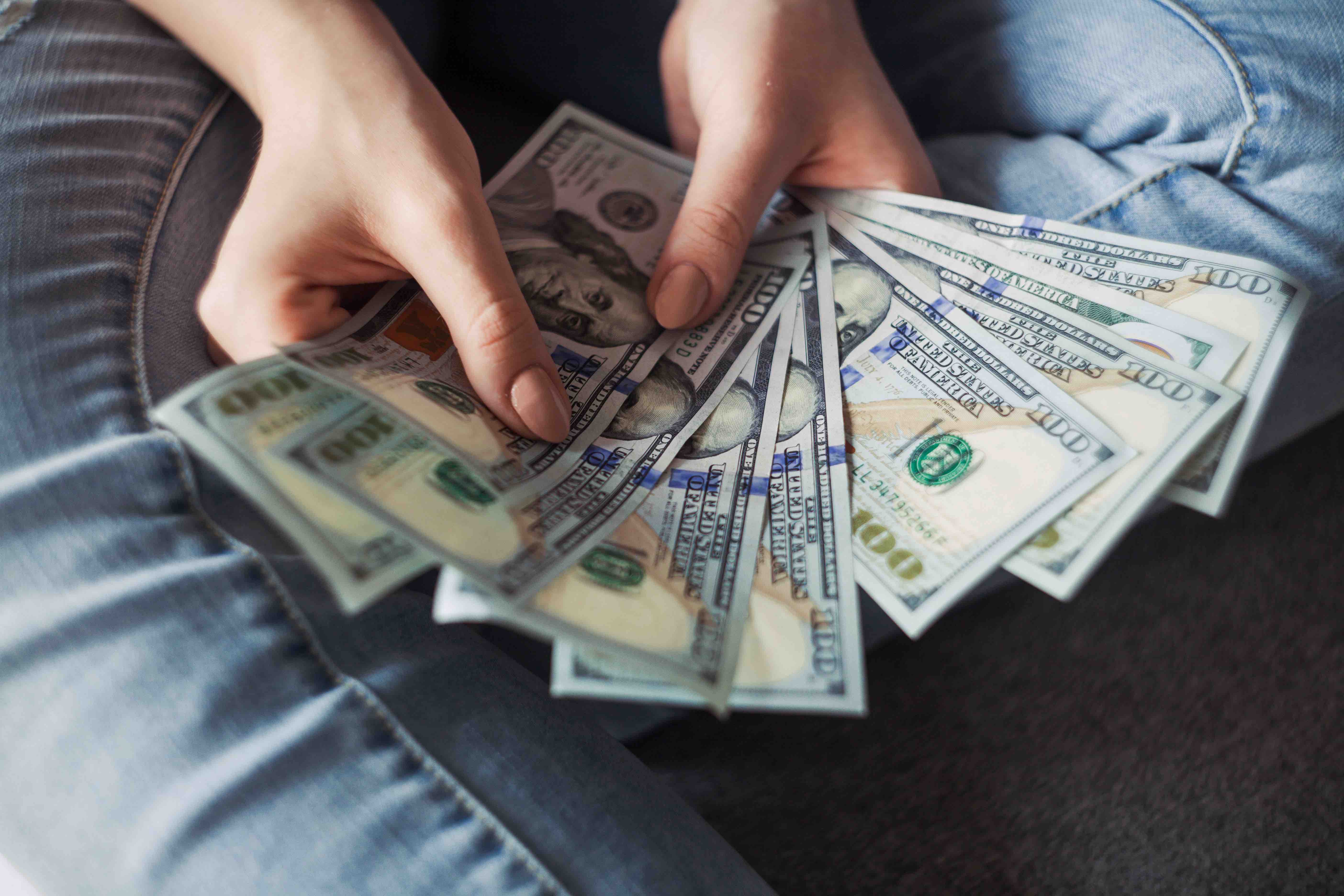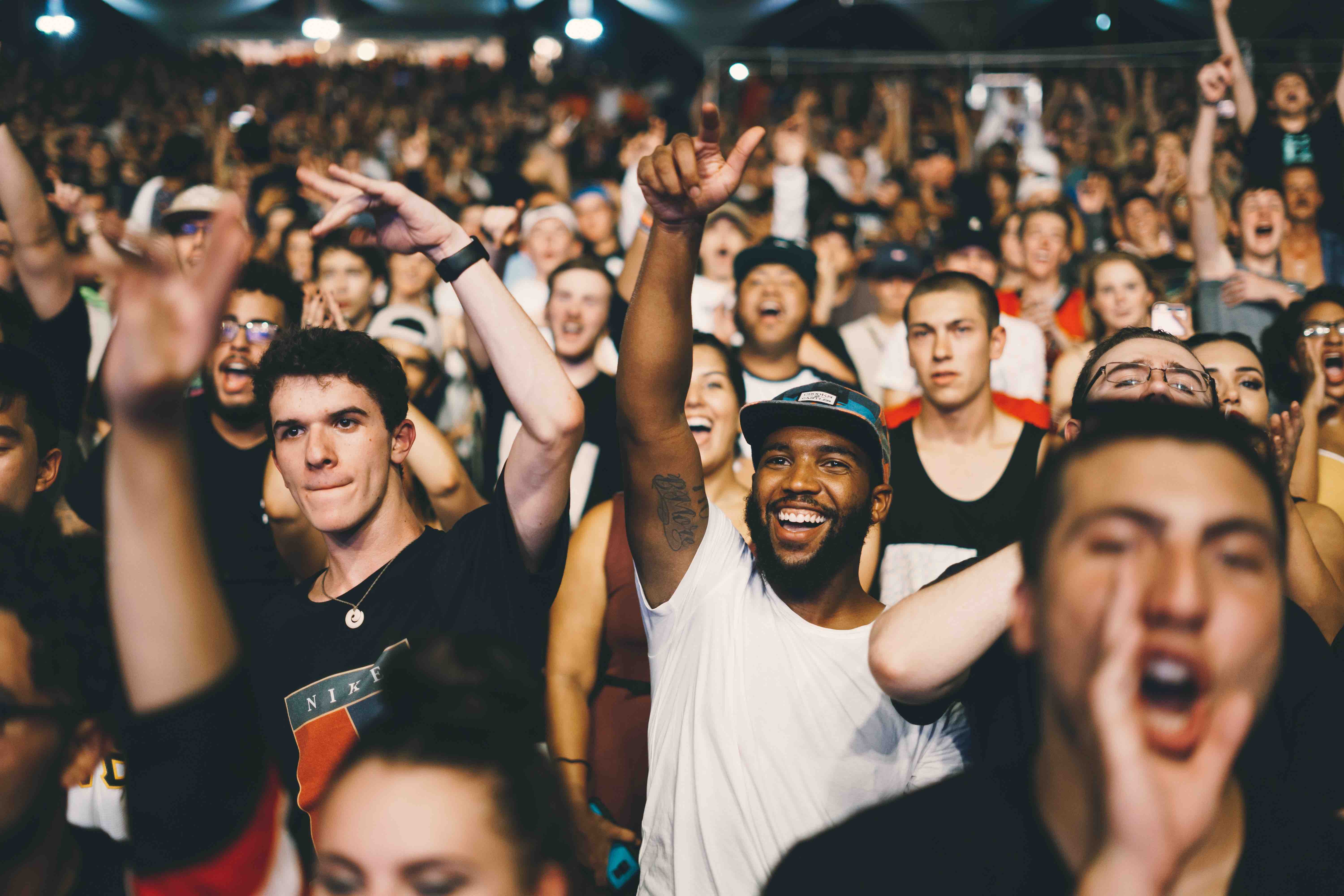
How NFTs are Transforming the Music Industry
It may seem like a novel idea to live in a world where artists are paid fairly and intermediaries and royalty collectors are eliminated. However, with the sudden rise in the Non-Fungible Tokens feeding frenzy, digital artists may finally hold a bright future in the music industry.
The internet arrived just when we felt music studios and record labels were forever dead. For years, we were led to believe that the internet will bring about a miraculous shift in the music industry. Streaming music, Spotify, and iTunes all allowed for artists to take control of their music, reaping most of the benefits and actually earning a living rather than being labeled a starving artist, or so we thought.
Today’s sad fact is that these performers will only earn about 12% of profits from internet music sales. This means 88% of the profits of their labor goes to someone else entirely (link). As the famous quote goes, “The music business is a cruel and shallow money trench, a long plastic hallway where thieves and pimps run free, and good men die like dogs.
There’s also a negative side.” – Hunter S. Thompson.
Before the pandemic, artists combated this dilemma by touring the country, one RV bus, and a squad of struggling artists at the same time. But what about stadium closures, increased internet piracy, or a place for smaller artists to go?
Both iTunes and Spotify have been a travesty for aspiring musicians. Whatever the case may be, it seems that the gains have been funneled directly into the middlemen’s pockets. The pandemic has proved to us one thing- we need music to keep our spirits alive.
But before you give up all hope, let me introduce you to the dirty little secret of the music industry’s future. This way to fund artists through the blockchain is looking bright, and the name is Non-Fungible Tokens. The thing that everyone in the music industry has become obsessed with. Let me explain.
Non-fungible tokens (NFTs) are digital objects that represent a variety of tangible and intangible products. AKA, any distinct digital object that can be bought and sold from one user to another. Music, virtual real estate, domain names, and tweets are all examples of NFTs.
These act as one-of-a-kind collectibles in the same way that trading cards do. One of the unique characteristics that separate them is that no two are alike, can be swapped for one another, or broken down into smaller fractions.
It is simple to verify each NFT because of the digital coding that underpins it — an issue that plagues the traditional collectibles market. As a result, each of these digital masterpieces is genuinely one-of-a-kind.
Consider this scenario: An NFT is similar to having your own artist-signed album in the music industry. It can only be transferred, not copied, by the person who owns it. It’s easy to see why NFTs are such a hot subject in the music business.
Because of this blockchain technology, NFTs are allowing digital artists to cut out the middlemen and make 100% of their profits. It’s unique, belongs to only one person, and will never be stolen. Compare that with Spotify, who takes a third of a cent per play.
These feeding frenzy phenomenon of NFTs has gone big, first in the art world. NFTs can be bought on platforms such as NiftyGateway, OpenSea or CryptoRank. These pieces can be worth pennies or go for TENS of MILLIONS of dollars.
The most expensive NFT was bought for $69.3 million, paid by a digital artwork entitled: Everyday’s: the First 5000 Days in March 2021 (link).
Comparing that in the music industry, some musicians have already started to capitalize on them, either selling 1/1 songs or collaborating with digital artists to make content and sell in the form of NFTs. Musicians are currently selling logos, album covers, iconic images, and other works of art. This is the initial stage of NFTs.
The cool thing is that this could apply to anything in the music industry, from short music videos to “collectible albums” to fan encounters. Anything that could be “owned” by the user. It’s becoming a lucrative stock market for musicians, and any demand is there for any user who is passionate about music.
Grimes, the EDM concept artist, sold almost 6 million worth of NFTs at the end of February through NiftyGateway (link). Music-related NFT sales have reached $25M in the past month alone- and those numbers will continue to grow (link).
Atari has launched a new platform called Bondly, the NFT business in a game-changing way, partnering with music, gaming, and other areas to create a new platform that will let creators mint and distribute their own NFT collections to fans. This could be “a force for democratizing the music industry.” Another instance is how Steve Aoki sold an NFT art collection for $4.2 million, which involved an $888,888 sale to John Legere, the previous CEO of T-Mobile (link). Grimes, Shawn Mendes, Kings of Leon, Tory Lanez, Ozuna, and Deadmau5, and countless other artists are all getting in on the action (link).
Not only will artists finally override publishers and middlemen, but this will allow musicians to make an income that will pay for years to come.
This is a gamechanger because artists can keep a percentage of the NFT sale. For example, say an artist sells an NFT at $10K. They can then choose to keep 10% of all future sales. Then when it resells, and your fanbase continues to grow, you will continue to make a profit for years to come.
Future NFTs will evoke a world where musicians sell songs, showcase art around music, and sell master recordings of the song. You might even envision musicians selling tokens of their live shows, release dates, and more.
Consider a world of digital frames resembling a collectible urban vinyl. Small artists will benefit from the fact that funds will go straight to their pockets, sidestepping the middlemen. Imagine it like a tip jar for musicians.
The majority of these sales will be from superfans, those who want bragging rights, and from people who want to post everyone on the internet so they can prove they own it. Imagine artists being able to circumvent ticket brokers by putting their shows on the blockchain in the future (link).
How NFTs are Transforming the Music Industry
NFTs are a novel concept; they have a promising future for digital artists. This is because NFTs allow for a decentralized marketplace in which platform mediators cannot take a cut of the profits or claim ownership of the digital artist’s work. NFT’s blockchain technology allows creators, artists, musicians, influencers to commercialize digital collectibles and make it the most authentical.
NFT’s might finally be a step forward to changing the music industry. Whether NFT’s are changing the music industry or simply finding a solution to the problem, it’s where the music industry is headed, and artists and digital creators need to start getting in on the action. NFT’s offer musicians a way to bring value to people’s lives and the price they pay for it.
In general, that makes us all wealthier as a society.









